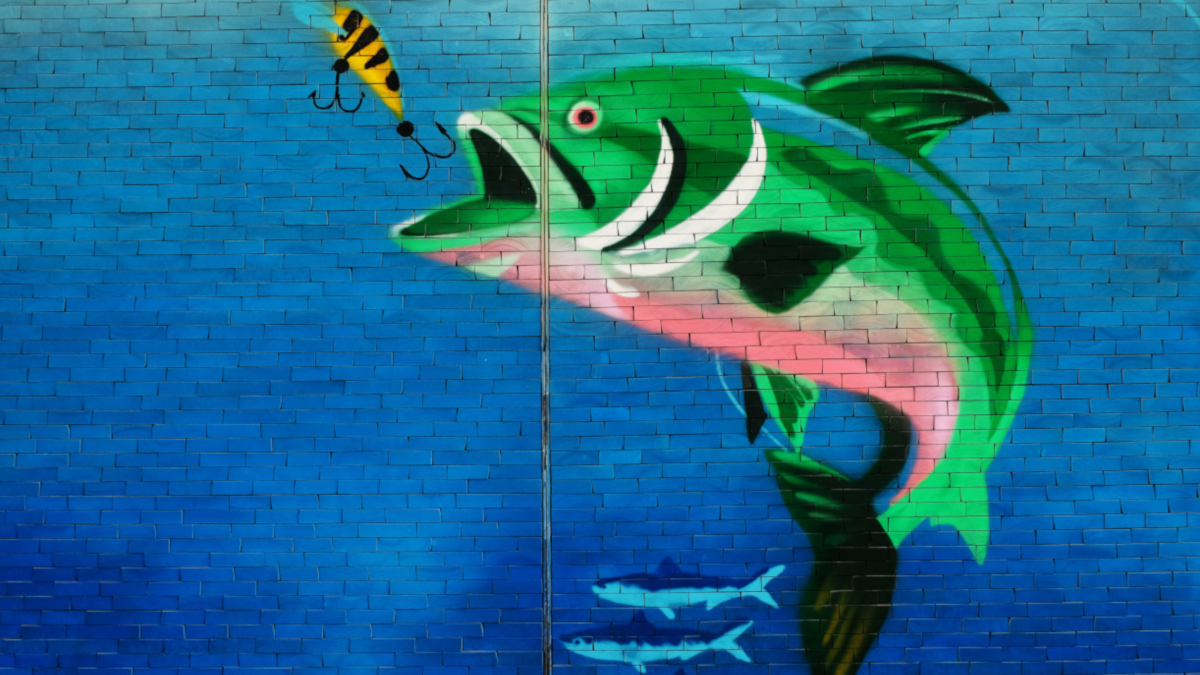Digital relationships are quite different from their analog cousins. The way we relate to each other in the real world — that long arc of friendship mediated by proximity, shared experience and endeavour — usually has a gradual decay. “I haven’t seen that friend in ages” becomes over time “we’ve lost touch”. It is a normal and natural process. Occasionally there is an attempt to reconnect, perhaps following an alumni event, but mostly we are content to let our old friends fade into our past.
Digital relationships don’t offer this same slow decay, however…
I am as connected to old colleagues on LinkedIn from 25 years ago as I am to someone I work with today. Their digital lives have remained entwined with mine. We have stayed together and journeyed through digital hype cycles together, kept in part, through the glue of a shared online platform which never forgets. While those colleagues may become “weaker ties” in the mind of the algorithm that chooses whose content to promote, we can never say “we’ve lost touch” without pressing the “Remove Connection” button. A hard, binary decision, though possibly quite cathartic to actually do!
So if it’s hard at the gritty, individual level, what does this mean when we choose to leave a platform entirely? What are the implications when we loudly or “quietly quit” as so many Twitter users have done in the past few months following Elon Musk’s acquistion?
When we leave a digital platform we lose twice — we lose every connection we’ve ever made there and we lose the culture in which those relationships were maintained. While the real world experience is of course completely different, there are echoes of it when a migrant sets out for a new country. Both groups leave behind their friends and shared cultural environment. They then must start completely anew.
Right now in the digital world, we’re experiencing a mass digital migration from Twitter
As they arrive en masse to new digital platforms — they bring with them their existing culture. This is happening now on Mastodon, Tumblr, Reddit and many more places. The sheer volume of migrants means that the Twitter “diaspora” will start to reshape those digital cultures for better or for worse.
And it is this movement that presents the opportunity — digital migrants are people looking for new services, new brands to trust, new relationships to engage in. The numbers involved in platform migration can be mind boggling — some estimate that Twitter migrants will number 32 million in the next two years. For marketers, these digital migrants can represent a significant new market segment worth engaging. The question to ask is how.
One obvious example of an opportunity in the flight to Mastodon is that the founder’s own server, (I’ve been on there since 2016, can you believe) has had to close its doors due to high volume — opening the opportunity for new servers to welcome the migrants. Some fast moving organisations have already spun up communities such as Medium and the tech podcast TWiT.
So, there’s the thought: digital and real world relationships are different yet there are intriguing similarities in the way large groups of people move between communities. And these digital migrants are a large enough community to be worth targeting. The old approach might be to “fish where the fish are”, the new approach is to “Fish where the fish ain’t… yet!”.
Featured image: The Lazy Artist Gallery / Pexels




























